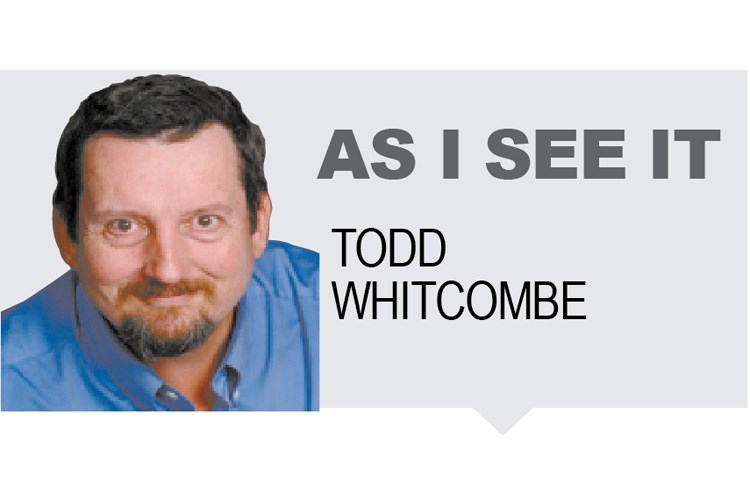Last week, I argued we need a free press. I didn’t add the word independent and perhaps I should have.
A free and independent press allows for reporting on stories, which may be uncomfortable for the corporations and companies which own the press. The CBC is an example. Because it is owned by the people of Canada, it is not under control of a single person. It has a board of directors but they don’t get involved in picking and choosing what stories to tell or what spin to put on things.
And yes, I realize the CBC is a radio and television network. Technically, it is not the press in the sense that it doesn’t produce newspapers but it does produce news. Maybe it should be a free and independent news media if we are going to be pedantic.
In any case, local papers tend to operate in a fairly free and independent manner. There is little in the way of interference around content and that little tends to be legally based. Even the big newspapers in Canada – such as the Vancouver Sun or the Globe and Mail – operate with little interference by their corporate bosses.
It is a little different with papers owned by a single individual or a family but, for the most part, Canadian papers present news in a fair and unbiased fashion. Ditto the news channels and radio programs we have in this country. The same can be said about the media in most democracies with some glaring exceptions, such as the U.S. and U.K. Many British newspapers are deeply biased in both their reporting and editorials.
However, the same cannot be said about social media. Twitter, Facebook, Instagram, and the rest are private corporations providing services for a fee. Most of their revenue is derived from advertising but the cost to the user is a loss of privacy as these companies are engaged in data mining. What do you watch? What do you like? What do you buy? And who are you connected with?
We are living in a world where the surveillance arm of Big Brother is already here. Data mining is big business – just look at the revenue these companies generate.
As corporations, they do have the right to decide who they will allow to use their services. Companies have the right to decline to do business with anyone. Or as signs used to say in restaurants “No shoes, no shirt, no service.”
When politicians and media commentators complain about cancel culture and losing thousands of followers on their Twitter accounts, that is simply the free market in action. Having a Twitter account is not a right. It is a service offered by a company and they are well within their rights to decline to do business with people.
When a local politician posts offensive messages on Facebook, it is not cancel culture if people object and ask for the posts to be removed. They should never have been posted in the first place given their content.
When a user tweets harassing comments about an actor and, as a consequence, has their account suspended indefinitely, that is not cancel culture. It is human decency.
The difficulty I have with much of social media is it can be done at a distance in an anonymous mode with few consequences for those who chose to abuse their privileges. The counter argument - that the market place (i.e. the Twitter-verse) will decide because people can “like” or “dislike” a post and are free to “re-tweet” it or not - doesn’t really hold water because the damage is done.
Where do we go from here? For years, our media outlets have maintained a fair and balanced approach. It is the price they pay for being a free and independent press. In the United States, they are required by law to do so. This has had some unfortunate consequences as the effort to maintain balance has often led to small groups having a much larger influence than they should.
Consider the whole question of vaccination, which is on everyone’s mind. A small percentage of people are opposed to vaccination (94 per cent of people in the developed world are vaccinated against childhood diseases) but because the media is required to present information in a “fair and balanced” fashion, anti-vaccination proponents get their voice amplified and the movement is now a major concern. Vaccine hesitancy in the face of the COVID-19 pandemic is absurd and stupid. I can say that because this is an opinion editorial but I would also say it from the perspective of science!
We all have the right to free speech. What we don’t have is a right to be heard. And when people make up lies, untruths, and innuendo, perhaps we should all just stop listening to them.



